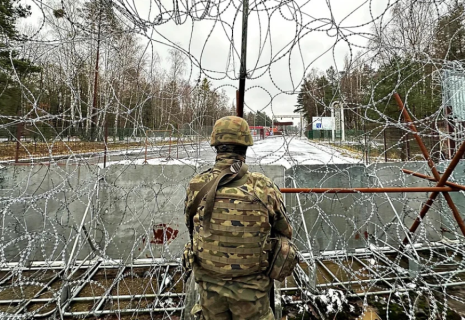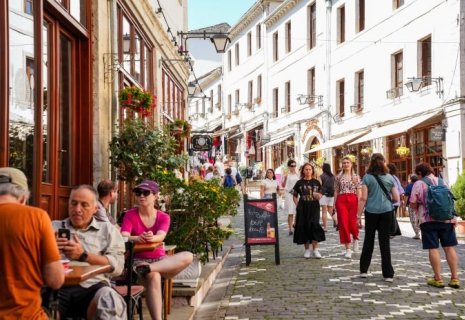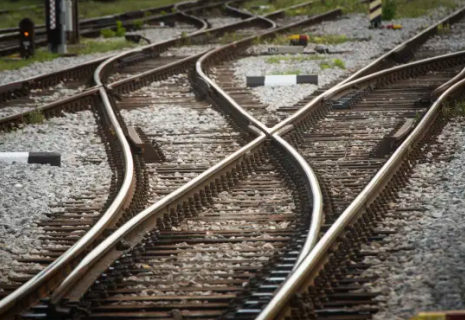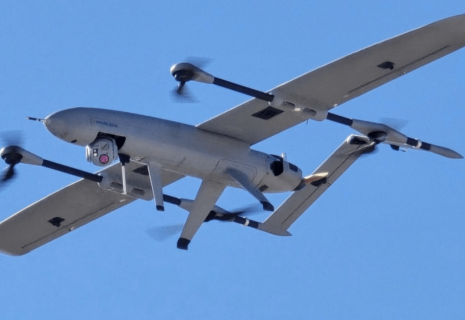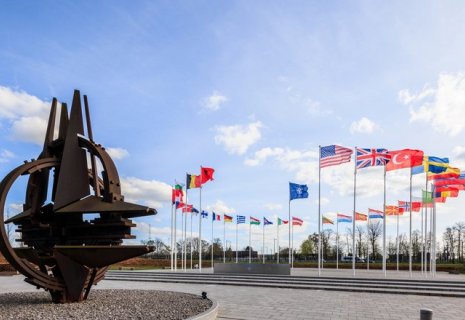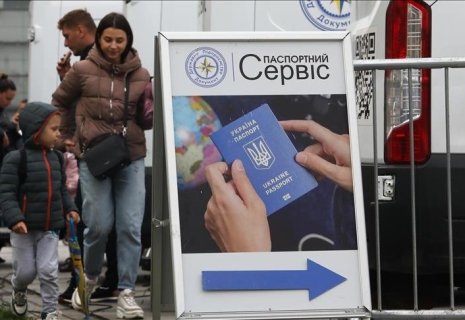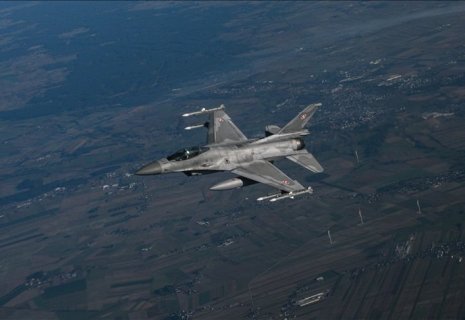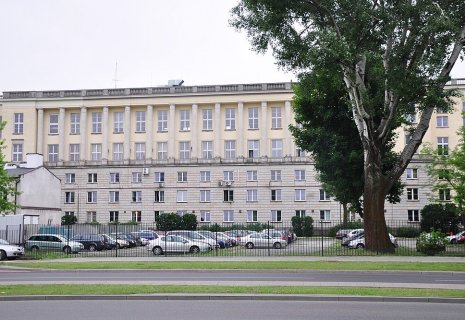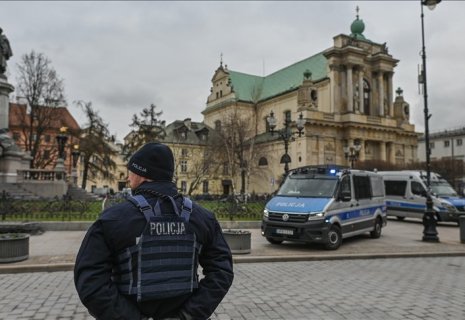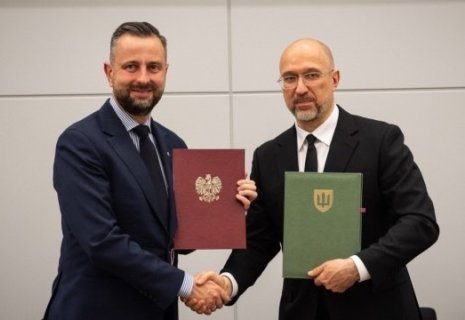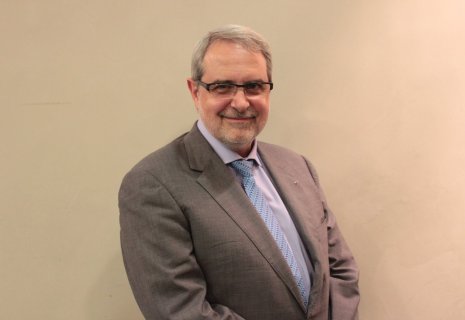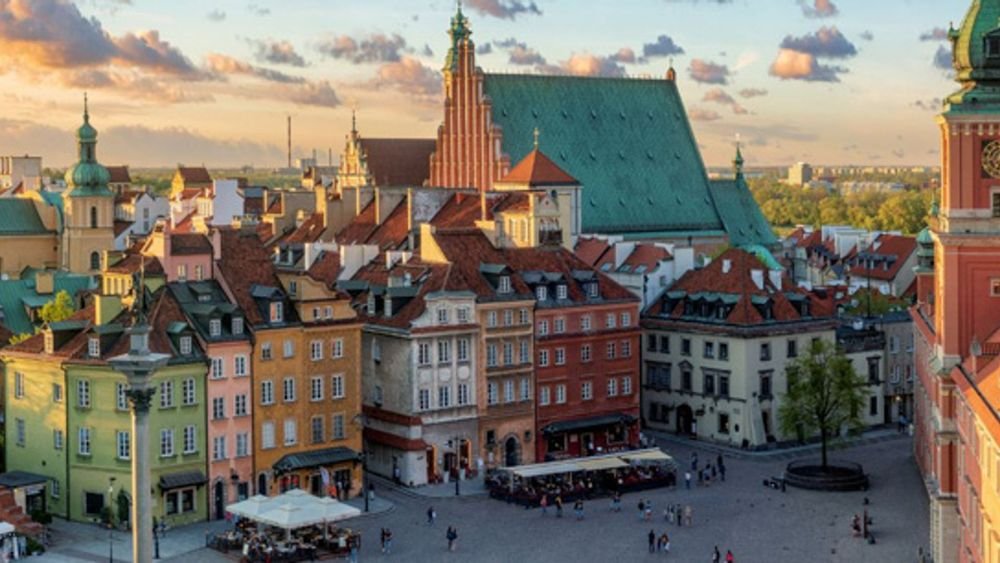
Pros and cons of living in Poland
Poland, a country in Central Europe with a rich history and vibrant culture, has become an increasingly popular destination for expatriates and digital nomads. Whether you're considering a long-term move or a temporary stay, it’s essential to weigh the pros and cons of living in this fascinating country. Below, we explore some of the primary benefits and potential drawbacks of life in Poland, CE Report reports.
Pros
Cost of Living
One of the most significant advantages of living in Poland is the low cost of living compared to Western European countries. Rent, utility bills, groceries, and dining out are generally more affordable, making it easier to budget and enjoy a comfortable lifestyle. Cities like Warsaw, Kraków, and Wrocław offer various housing options for different preferences and price ranges.
Rich Cultural Heritage
Poland boasts a rich tapestry of history, art, and architecture. From the historic streets of Gdańsk to the majestic Wawel Castle in Kraków, there are countless cultural sites to explore. Traditional festivals, music, and culinary experiences provide residents with a unique opportunity to immerse themselves in Polish culture.
Beautiful Nature
Poland's landscape is incredibly diverse, featuring the stunning Tatra Mountains, scenic lakes, and picturesque national parks. Outdoor enthusiasts can enjoy a variety of activities year-round, including hiking, skiing, and cycling. The country is rich in natural beauty, providing a backdrop for a healthy and active lifestyle.
Growing Economy and Job Opportunities
Poland's economy has been one of the fastest-growing in the European Union, resulting in an increase in job opportunities, especially in sectors like IT, finance, and manufacturing. The presence of multinational companies and a burgeoning startup scene contribute to a vibrant job market, particularly for young professionals.
Friendly People and Community
Poles are often warm and hospitable, making it relatively easy for newcomers to feel welcomed. The sense of community is strong, particularly in smaller towns and cities, where social interactions can be more personal. Many cities also have active expat communities and support groups that facilitate integration into Polish society.
Good Public Services
Poland offers a range of public services, including education and healthcare. Public schools are generally of good quality, and there are many international schools available for expat children. The public healthcare system is accessible, and if you are employed, you will receive health insurance, ensuring medical care is available when needed.
Cons
Language Barrier
While Polish people are increasingly learning English, especially in urban areas, the language barrier can still pose challenges. Polish is a complex language with a different alphabet, making it difficult for newcomers to communicate effectively. This can affect daily tasks such as shopping, medical appointments, and interactions with local authorities.
Bureaucratic Challenges
Navigating the bureaucratic landscape in Poland can be frustrating, particularly for foreigners. Processes related to residency permits, work visas, and tax registrations can be tedious and time-consuming. It's essential to be patient and thorough when dealing with government agencies and paperwork.
Weather Conditions
Poland experiences a continental climate, characterized by cold, harsh winters and warm summers. While some residents appreciate the distinct seasons, the long, gloomy winters can be challenging for those not accustomed to extreme cold and shorter daylight hours.
Social Conservatism
Poland is known for its conservative values, particularly regarding social and political issues. This can be a culture shock for those coming from more liberal backgrounds. Topics such as LGBTQ+ rights and reproductive rights remain contentious and may lead to discomfort for some expatriates.
Transportation Limitations
While Poland has developed its public transportation system significantly, some areas, particularly rural regions, may still lack efficient transport options. Buses and trains connect major cities, but reaching smaller towns can be more complicated. Owning a car may be necessary for some residents, which adds to living costs.
Economic Disparities
While Poland is growing economically, there are still disparities between urban and rural areas. Major cities like Warsaw and Kraków are thriving, while some smaller towns and rural regions struggle with limited job opportunities and lower living standards.
Conclusion
Living in Poland presents a mix of exciting opportunities and challenges. Its rich culture, affordable living, and beautiful landscapes attract a diverse population seeking new adventures. However, newcomers should also be aware of potential hurdles, such as language barriers and bureaucratic challenges. Ultimately, weighing these pros and cons will help individuals make informed decisions about their life in Poland, ensuring a more fulfilling and enjoyable experience in this beautiful country.

